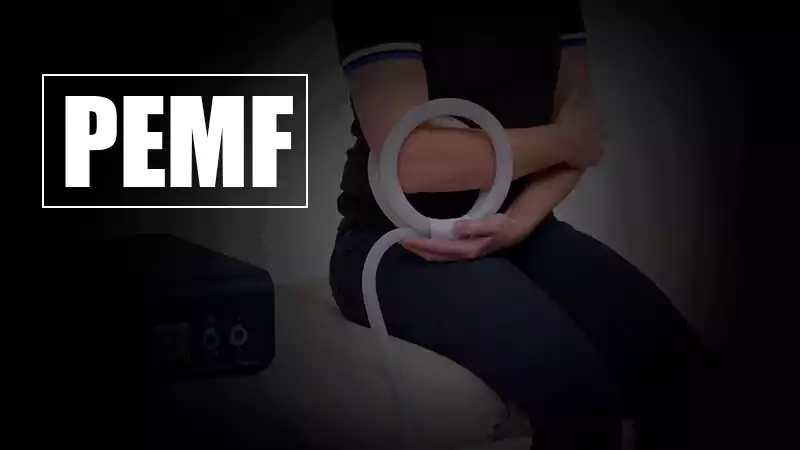Top 10 Health Benefits of Yoga Therapy Training
Before you get started, remember that Yoga Therapy Training is not just about stretching and taking breaths, but it’s about mind-body connection that offers a host of benefits. By practicing healthy breathing techniques taught in Yoga classes, fighting stress and anxiety becomes easier. In your yoga therapy training, you learn to use yoga postures to help different health disorders and improve clients’ overall health. The practice of yoga is not new: it has been around for thousands of years.
Asthma
Yoga is an effective remedy for asthma. It helps release tension from the muscles around the chest and lungs, helping to increase their capacity and improve breathing. The practice of yoga also helps strengthen the lungs, which has a beneficial effect on asthma. It has been found that the symptoms can be reduced with regular yoga practice.
Scoliosis
Scoliosis is a condition where the spine bends or curves due to poor posture or weak muscles. Yoga exercises strengthen the spine and help straighten it out. It also calms the mind and relieves stress, which indirectly helps with scoliosis by reducing muscle tension. If you have severe scoliosis, make sure to speak to your doctor before trying any yoga exercises, as they may aggravate your condition further.
Read Also to Know Seven Body Signals That Tell You Need Rest
Diabetes
Yoga is an effective way of controlling diabetes, especially when combined with a healthy diet and regular exercise. Yoga lowers insulin resistance and helps the body use glucose more effectively, improving symptoms in people with diabetes. The relaxation techniques taught in yoga are also effective for managing stress levels, sometimes making diabetes symptoms worse.
Depression
Anxiety and depression are two of the most common mental disorders in the modern world. Yoga therapy has been highly influential in alleviating depression and anxiety in patients. Yoga therapy training can help alleviate negative thinking patterns, improve self-esteem, and reduce stress hormones in the body.
Anxiety
Yoga therapy can help reduce anxiety symptoms in panic disorder, generalized anxiety disorder, or social anxiety disorder patients. Yoga teaches the patient to focus on their breathing and use it as a coping tool during moments of stress or anxiety. It also helps them change their way of thinking by assisting them to accept rather than fight against their thoughts and emotions.
Trauma
Yoga therapy is an excellent option for those who have experienced trauma. Yoga offers a non-verbal approach to healing, which can be especially beneficial for those who have experienced trauma when words are difficult to process or express. Additionally, the breathing exercises in many yoga practices can help relieve stress and anxiety associated with trauma by improving respiratory health and oxygen flow throughout the body.
Rehabilitation
Another way that yoga therapy can benefit your body is through rehabilitation. Physical injuries, such as broken bones or torn muscles, can take a long time to heal, depending on the type of injury. Yoga therapy can help you get your strength back during rehabilitation so that you are more prepared for physical activity once you are back to full strength and health.
Insomnia
Insomnia is a common problem for many people worldwide, especially as people age. Yoga therapy training has been shown to reduce stress levels and improve moods among insomnia patients. With regular yogic breathing and relaxation exercises, patients with insomnia can experience better sleep quality and quantity.
Hypertension
High blood pressure is one of the most common health problems globally. It increases the risk for heart attack and stroke, two leading causes of death worldwide. When practiced regularly, yoga can help lower blood pressure, although it may not be as effective as other treatments such as walking or medication. Yoga lowers blood pressure by promoting relaxation and decreasing stress, an essential factor in heart disease.
Digestive Issues
The digestive system consists of multiple organs that digest food and release waste. Yoga can relieve many digestive issues, such as IBS (irritable bowel syndrome), constipation, diarrhea, Cohn’s disease, etc. The twisted poses stretch the gastrointestinal area and massage the internal organs, thus stimulating proper functioning. Yoga also helps to relieve stress that is linked to many digestive issues.
Read Also: How to Get Achilles Tendonitis Treatment in Singapore?
Wrapping Up
Yoga helps people heal mentally, physically, and spiritually. It is an exercise that can relieve stress, anxiety, depression, and fatigue. Yoga practitioners always get a fresh start in life since they set aside the past and start afresh. Yoga is popular among all age groups, but it is mainly advised to practice it at a young age to prevent stress-related disorders in later years. For example, Early morning yoga before breakfast has proven beneficial for obese people. Having done yoga regularly, especially asanas (physical exercises), would help reduce the body surface area exposed to harmful conditions like germs and pollution and thus contribute towards healthy living.











Share